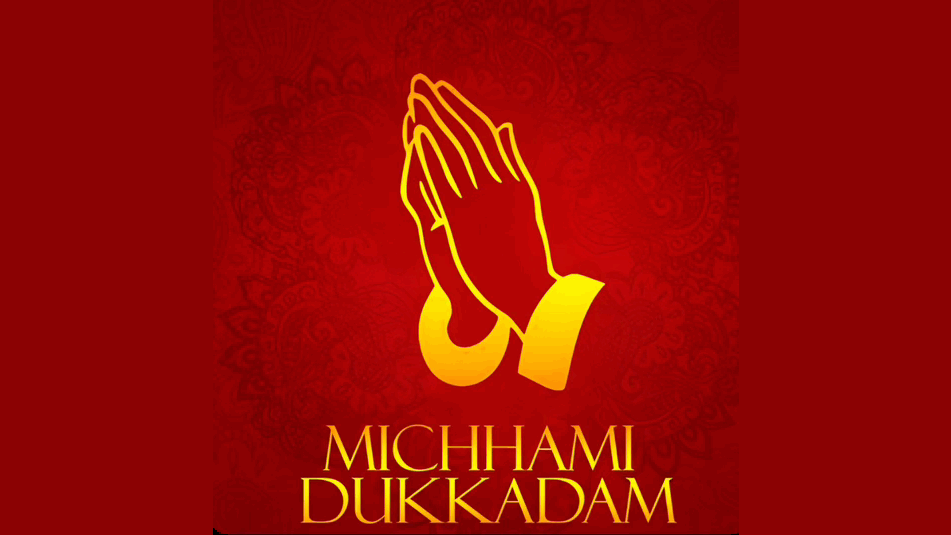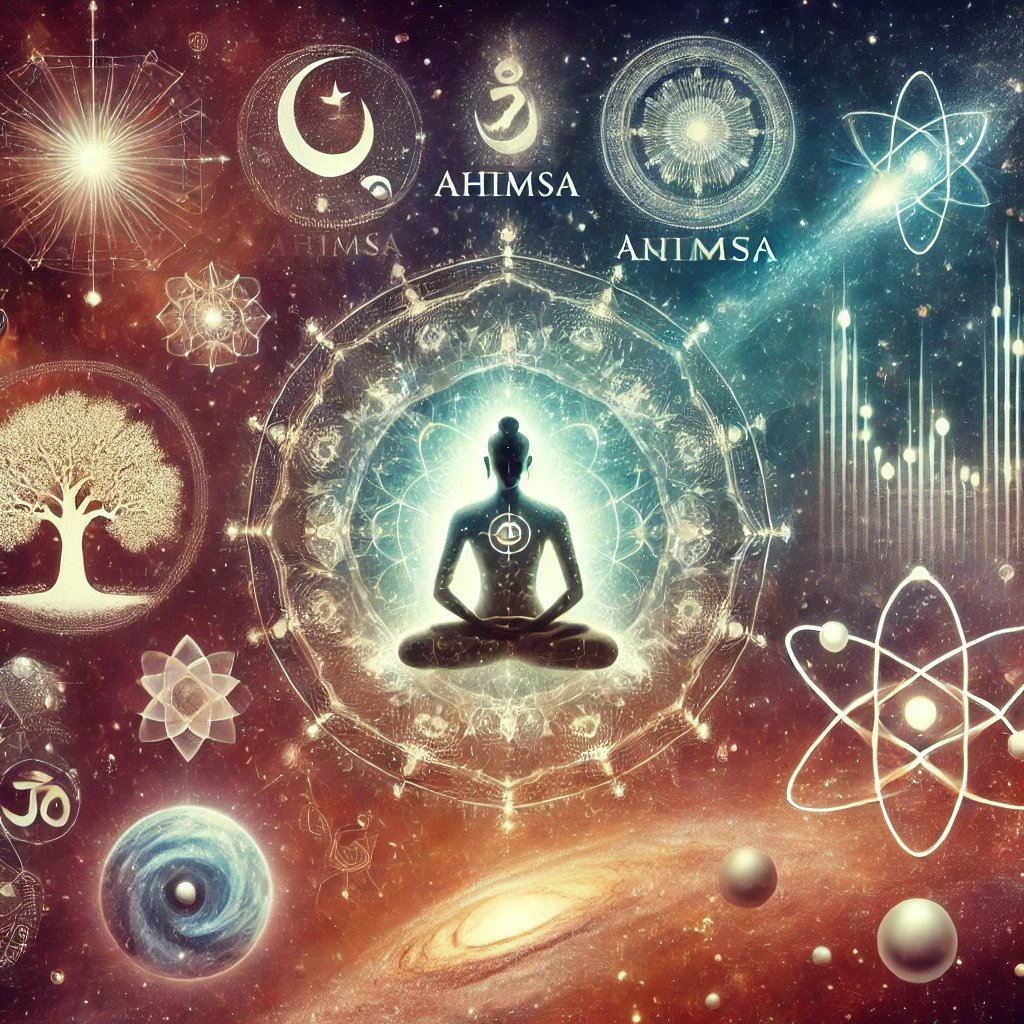Paryushan Mahaparva is an annual Jain observance which interweaves the tenets of impermanence and renunciation through spiritual awareness, introspection, and discipline. The word “Paryushan” is derived from two Sanskrit words: “Pari,” meaning all around, and “Ushan,” which means to dissipate or burn away. It then follows that together, the term denotes the burning away of all karma and the purification of the soul. As one of the most important festivals in Jainism, Paryushan is celebrated yearly by both the Shwetambar and Digambar sects during the month of Bhadrapada/Bhadva (August-September) and represents Jainism’s key principles, including ahimsa (non-violence), satya (truthfulness), achaurya/asteya (non-stealing), brahmacharya (chastity), and aparigraha (non-attachment).
As part of the commemoration for Paryushan Parva, Jains participate in various rites and activities to “cleanse their souls”–fasting being one of the most important. Fasting emphasizes a core ideology of Jainism, encouraging self-discipline and recognition of the clear separation between the body and the soul. It diverts attention from worldly pleasures and allows one to focus fully on their spiritual journey. The degree of fasting varies from person to person; some may give up eating altogether for a set period of time, while others take smaller vows, such as subsisting on simple diets free of savor (salt, spice, etc.). In any case, the practice of abstaining from consuming food symbolizes restraint (otherwise known as sanyam) and allows for more time to be put towards the understanding of oneself through reading scriptures and meditation.
Although some choose not to or are unable to fast, almost everyone, regardless of age, partakes in reciting Pratikraman during Paryushan. Pratikraman is a ritual which involves introspection and repentance of any wrongdoings caused to others through thoughts (man), words (vachan), or actions (kaya), knowingly or unknowingly. The culmination of Paryushan falls on its last day, known as Samvatsari, or “The Day of Forgiveness.” On this day, Jains will seek forgiveness from any and all acquaintances, including friends, family, (whether older or younger) and even enemies. The phrases “Michhami Dukkadam” and “Uttam Kshama” are commonly exchanged to do so.
While both Jain sects observe Paryushan Parva, there are a couple notable differences, with the duration of the event being the most prominent. For Shwetambar Jains, Paryushan lasts for eight days, while Digambar Jains observe it for ten, during which it is called “Daslakshan.” Daslakshan directly translates to “ten virtues,” and Digambar Jains dedicate each day of Paryushan to the individual reflection and practice of one virtue: these include Uttam Kshama (forgiveness), Mardav (humility), Arjav (honesty), Shauch (purity), Satya (truth), Sanyam (self-control), Tap (penance), Tyaag (sacrifice), Aakinchan (renunciation), and Brahmacharya (celibacy). Meanwhile, Shwetambar emphasis is on reading the Kalpa Sutra, which includes stories about the lives of Tirthankaras and their spiritual messages. However, despite these sectoral differences, the crux of the celebration remains the same.
In a time driven by material pursuit and fleeting, worldly pleasures, Paryushan serves as a crucial reminder of the importance of spiritual immersion and ethical living. Through fasting, meditation, and repentance, Jains have the opportunity to pause, reflect, and renew their dedication to the path of enlightenment–consequently purifying their souls and reducing their karma. Paryushan is a time for Jains to reconnect with their ultimate goals: liberation, inner peace, and eternal bliss.
Further Reading:
Bhagat, Diksha. “What Is Paryushan?” Shrimad Rajchandra Mission Dharampur, 29 Aug. 2024, www.srmd.org/en-US/wisdom/articles/what-is-paryushan/.
Dharamshi, Ravi. “Lessons from Paryushan Mahaparva – and How They Apply to Investing.” Jainavenue, 17 Aug. 2022, jainavenue.org/lessons-from-paryushan-mahaparva/.
“What Is Paryushan?” Parasdham, 11 Sept. 2023, parasdham.org/what-is-paryushan/.


